Mozambique: REVIMO wants to resume toll fee collections on Monday
Mozambique state budget donors have no “prognosis” for 2018

Mozambique’s state budget donor group is awaiting clarification after the of hidden debt audits and still has no defined position regarding 2018, although the G14 remains hopeful that a program between the country and the IMF can be signed.
“It is difficult to make a prediction about our position in 2018,” European Union representative Sven von Burgsdorff says. The EU currently holds the rotating leadership of the group which traditionally supports Mozambique’s state budget.
“We still await clarification of the audits that have been carried out,” he added, referring to the state’s hidden debts which in 2016 led to the breach of confidence that occasioned the suspension of direct budget support.
The G14 had planned to transfer about US$200 million in 2016, or about 4 to 5 percent of the total state budget, before aid was suspended, he said. The group now awaits responses to the “information gaps” regarding in particular the “use and destination” of the $1.2 billion hidden debt.
Restoring trust

The EU representative calls for transparency, accountability and reforms to regain confidence, in line with conditions the International Monetary Fund (IMF) has outlined for restoring support.
“I think it is very important, from the government’s point of view, to persuade the IMF to re-launch cooperation on the basis of a programme, because international capital and finance markets are looking at Mozambique” with expectation, he commented.
“I did not want to exclude the possibility that the IMF could start a program in 2018,” he said, although the governor of the Bank of Mozambique has already made a forecast without counting on the fund, saying “the country can live another one year [without help from donors], but it’s a difficult life”. Even so, Sven von Burgsdorff holds out hope.
“I read the statement by the IMF director for Africa very carefully. He did not say he would exclude a programme for 2018. He said that before we can resume negotiations, we need more information following the audit,” he said.
If Mozambique and the IMF reach agreement, “this would be a key factor in the G14 and other [donors] considerations regarding resuming direct budget support,” he added.
Conversations continue
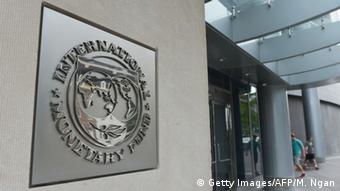
Asked if the G14 could move forward even without an IMF programme, von Burgsdorff said he preferred not to speculate.
The G14 holds regular technical meetings with ministries and political meetings with members of government.
“The government is embarking on major reforms, for example the reform of the state business sector. We expect this law to be discussed in parliament – whether in this sitting, I do not know, but soon,” von Burgsdorff said.
Despite the suspension of direct state budge support, G14 members are maintaining aid to Mozambique, he emphasised.
“Some partners have already reallocated these funds to other purposes,” such as “population support and humanitarian aid” to mitigate drought or flood effects, as well as infrastructure, energy and civil society capacity building projects.
The G14 is composed of Austria, the African Development Bank, the World Bank, Canada, Spain, Finland, France, Ireland, Italy, Portugal, United Kingdom, Sweden, Switzerland and the European Union.






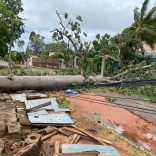


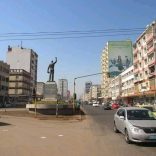
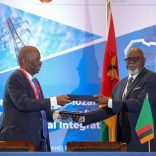
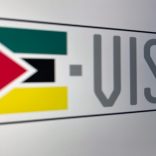
Leave a Reply
Be the First to Comment!
You must be logged in to post a comment.
You must be logged in to post a comment.